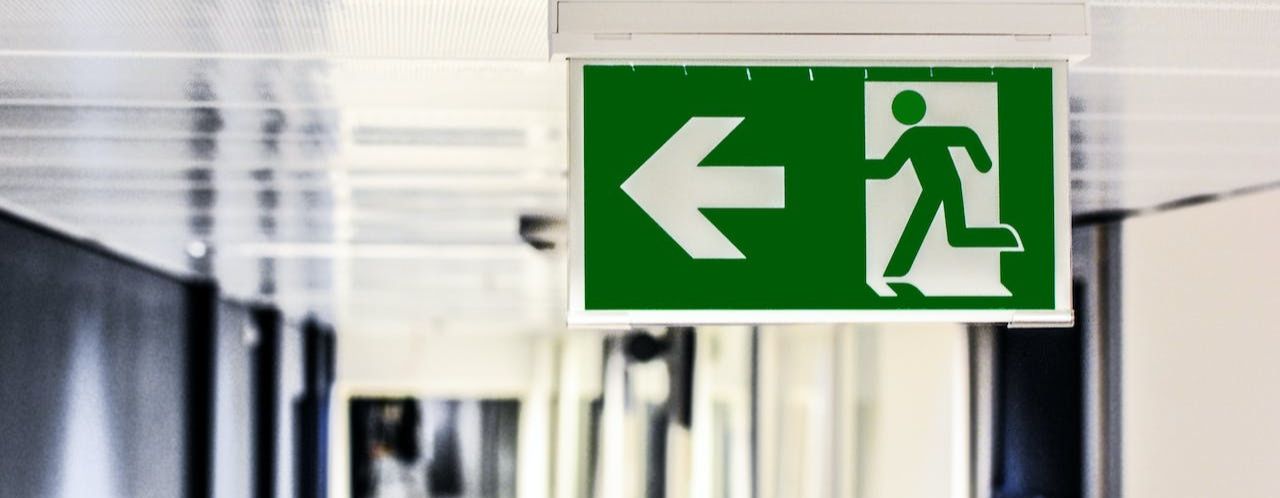When running a holiday let, it’s easy to focus on earnings, but the safety of your guests should always be the top priority.
As of October 2023, there are new fire safety regulations which affect short-term rentals in an effort to protect both guests and property owners. These are part of the Section 156 of the Building Safety Act 2022 (BSA), which has made a number of amendments to the Regulatory Reform (Fire Safety) Order 2005 (FSO) to improve fire safety in all buildings regulated by the FSO.
Let’s delve into some of the key changes and insights into how hosts can stay compliant with these crucial fire safety regulations:
The Fire Safety Regulatory Landscape
The regulatory landscape for fire safety in holiday lets has evolved to address potential hazards and enhance emergency preparedness. The Fire Safety Order (FSO) 2005, which originally applied to workplaces and communal areas, has now been extended to cover self-catering accommodation. This means that holiday lets must comply with the same high standards as other types of properties.
What are the requirements?
Property owners or a person/business with responsibility for the property must conduct a comprehensive fire risk assessment for their holiday let. This includes identifying potential fire hazards, evaluating the level of risk, and implementing measures to mitigate these risks. Regular reviews of the assessment are also essential to ensure ongoing compliance.
- Regular fire risk assessments should be conducted and reviewed, with all documentation recorded and ready to be presented if needed.
- Holiday lets must be equipped with adequate fire safety measures, such as smoke alarms and fire extinguishers. These should be regularly tested and maintained to ensure they are working correctly.
- Clear evacuation procedures must be communicated and signed, and escape routes should be easily accessible.
- With electrical faults being a common cause of fires, the new regulations emphasise the importance of electrical safety in holiday lets. Property owners are encouraged to conduct regular checks of electrical systems, appliances, and wiring to identify and address potential issues promptly.
- The fire resistance of the building’s structure and materials is a critical aspect of compliance. Property owners should ensure that the construction and materials used meet the necessary standards to prevent the rapid spread of fire. This includes fire doors, which are designed to resist the spread of fire by a minimum of 30 minutes. Every door must also open on to a fire escape route.
As the UK implements stricter fire safety regulations for holiday lets, property owners must stay informed and take proactive steps to ensure compliance.
If you’re worried about staying compliant, hiring a holiday let management agency is a good solution, as they will often provide owners with information on regulations and organise a fire risk assessor on your behalf.


Leave a Reply